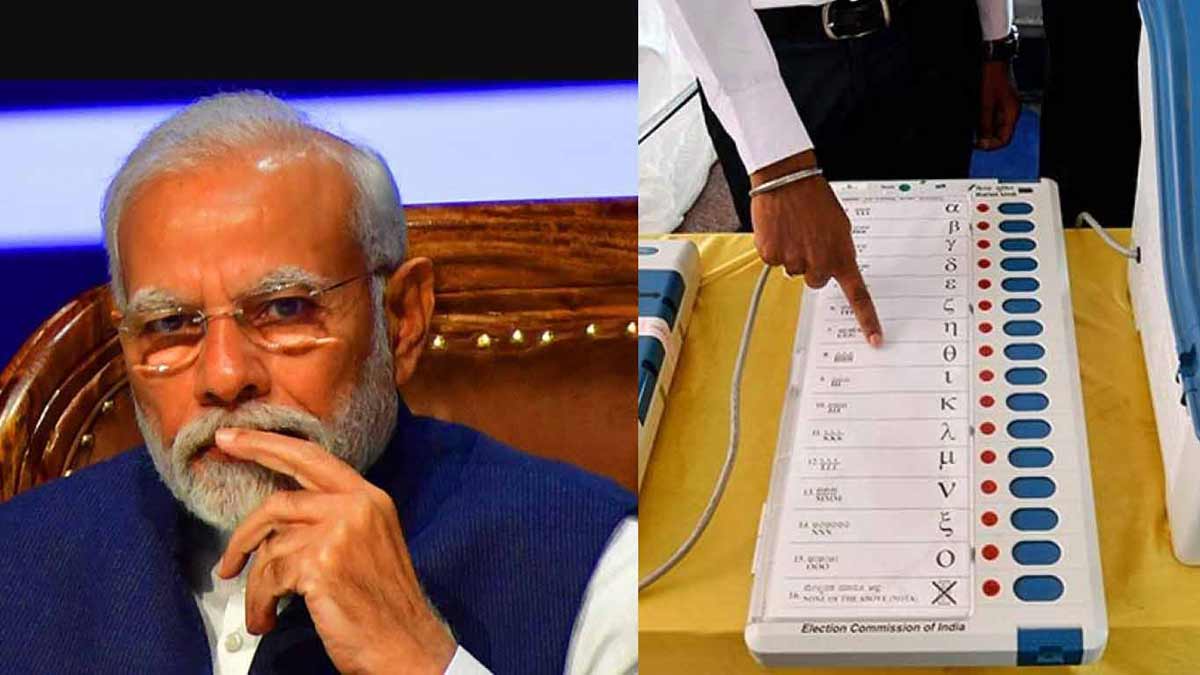Staying true to its poll manifesto, the BJP-led NDA government is expected to implement the 'One Nation, One Election' (ONOE) in its current tenure. As NDA 3.0 completes 100 days in office, there is belief within the coalition that PM Modi will fulfil one of the key poll promises.
He had called for a single election in his Independence Day address last month, and had urged all political parties to join hands to make it a reality.
According to the Union government, it is necessary to curb excessive spending, end the poll cycle and redirect focus towards governance. The critics, however, point out that it could homogenise India’s political diversity and overlook regional concerns.
ALSO READ: How 'One Nation, One Election' can transform political, governance patterns in India
In September 2023, a panel headed by former president Ram Nath Kovind was set up to study simultaneous parliamentary, assembly and local bodies polls.
After extensive consultations with stakeholders and experts, and due research over 191 days, the committee submitted its report to President Droupadi Murmu in March this year.
Key recommedations of the Ram Nath Kovind panel
The panel recommended simultaneous elections for the Lok Sabha and state assemblies as the first step, followed by local body polls within 100 days.
Other recommedations include, adding a new Article to the Constitution - Article 82A - which stipulates that the term of all legislative assemblies constituted after the appointed date, which would be notified as the date of the first sitting of the Lok Sabha after the general election, would come to an end on the expiry of the full term of the Lok Sabha.
In case of a hung House or no-confidence motion, fresh elections can be held for the remainder of the five-year term.
ALSO READ: 'One Nation, One Election': Rs 10,000 crore needed every 15 years, EC tells Centre
The panel has also suggested that Article 325 of the Constitution be amended to enable the preparation of a single electoral roll and single Elector’s Photo Identity Card (EPIC) by the Election Commission of India, in consultation with the State Election Commissions.
The panel also proposed the creation of an 'Implementation Group' to execute the panel's recommendations, and recommended 18 constitutional amendments, most of which will not need ratification by the state assemblies. However, these would require certain Constitution amendment bills that would need to be passed by Parliament.
The committee took the views of 47 political parties, of which 15, including the Congress, the Left parties and the Trinamool Congress, opposed the concept.
'One Nation, One Election not possible under present Constitution'
Congress leader P Chidambaram, while dismissing the concept, said that it is not possible under the present Constitution, and requires at least five constitutional amendments. He also highlighted the fact that PM Modi does not have the numbers to place the constitutional amendments either in the Lok Sabha or Rajya Sabha.
“The INDIA bloc is totally opposed to 'One Nation, One Election," he told reporters in Chandigarh on Monday.










